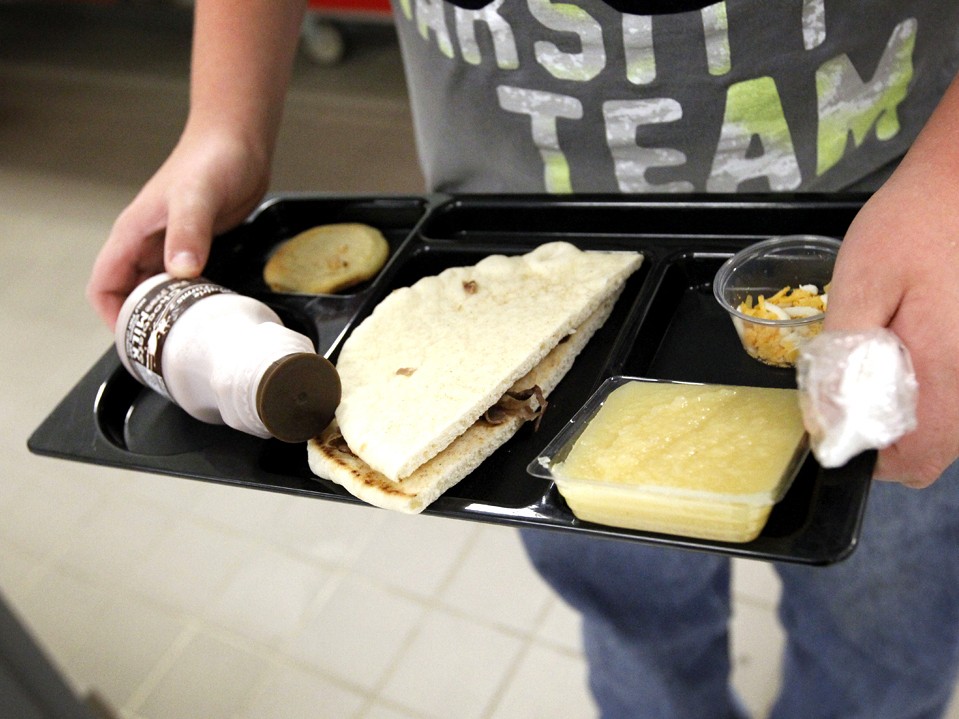Well, apart from the obvious of getting fresh vegetables here’s the true value of a veggie garden: The food is fresh and you know the source is chemical free. The quality of the food – straight from the garden to your mouth. The distance the food travels – distance to travel is almost nil, except for travel to get plants. Constant care is not necessary, some weeding and watering every few days if the weather is dry will only take a few hours of time. Time spent per week is less than a couple hours and the fresh air and exercise is good for you. Veggies can be jarred, frozen and made into sauces, preserves and various goodies to last the winter and act as gifts. Gardening is about growth and the personal growth from the success is very rewarding.
By Dr. Mercola
In the US, backyard vegetable gardens are still viewed mostly as a hobby – an activity that you can engage in to get away from your daily grind, get your hands dirty, and spend some time in nature.
But this is rapidly changing, thanks to a growing movement of people who are not only in love with the process of gardening but also the literal fruits of their labor.
Yes, homegrown food is fresher, tastier and, often, more nutritious than produce shipped from across the globe. But gardening is much grander than that, as it puts you in control of a commodity that is, at its very essence, survival, freedom, and health. Growing your own food is the way of the future, ironically, by getting back to our foundational roots of self-sufficiency and oneness with nature.
You Can Single-Handedly Create a Healthier Diet for Your Family
As Food Tank put it, “all farmers can have a direct impact on nutrition through the crops that they choose to grow and consume,” and this is true even if your “farming” extends only to a few containers on your patio.
Traditionally, women in many cultures have been in charge of maintaining family gardens, and through their choices of crops can directly impact their family's nutrition as well as support biological diversity in their communities. Of course, men, too, can take on this role – it doesn't matter what your gender is, only that you're willing to get your hands dirty.
You can be, in essence, your own “family farm” and in so doing help to protect indigenous crop varieties while boosting your health. According to the Food and Agriculture Organization (FAO) of the United Nations, about 75 percent of plant genetic resources have disappeared, and another third of crop biodiversity may be gone by 2050!
It is therefore crucial that small farms take back control of crop variety and plant more nutrient-dense crops in lieu of the fields of corn, wheat, and soy. And in your own backyard, you can start to do this by replacing your lawn with food-producing, and other native, plants. It is becoming abundantly clear that farms embracing crop diversity and integrated systems of agriculture are the solution to sustainable farming of the future. Food Tank explained:
“Studies from Bioversity International and FAO show that smallholder farmers utilize farming practices that preserve biodiversity — not just for its own sake — but also because cultivating a wide variety of species helps insulate farmers against the risk of plant disease, and crop diversity promotes soil health and increases yields.
In addition, utilizing integrated farming systems, in which a smallholder farmer produces grains, fruits and vegetables, and animal products, can be between four and ten times more productive than large-scale, monoculture operations. Yield advantages for polyculture operations — farms growing multiple crops in the same space — are between 20 and 60 percent.”
10 Innovative Food Projects Connecting People with Their Food and Protecting Traditional Agriculture
There's no doubt that many Americans have lost touch with where their food comes from. Meanwhile, many farmers are aging and among younger generations, farming isn't exactly considered a viable career option. This could spell disaster for the future of food, but it seems the tide may be turning here as well. Interest in locally produced food is increasing, as are exciting programs that encourage youth to choose sustainable agriculture as a hobby, passion, and career. Ten such projects that do just that, while also helping to put people back in touch with where their food comes from, include:
1. Developing Innovations in School and Community Cultivation (Uganda): This program teaches students about local food, traditional cooking, and how to improve their diets and agricultural techniques.
2. Know Your Farmer, Know Your Food (KYF2) (US): These local markets strengthen regional food systems, and help to give both new and experienced farmers opportunities for sales while teaching consumers about the origins of their food.
3. Tackling the Agriculture-Nutrition Disconnect (India): An information platform to share knowledge about nutrition, health, and agriculture with the long-term goal of building a nutrition knowledge and innovations network in India.
4. Fresh! From Finland: A campaign to encourage the use of local food in schools while teaching children about food origins and culinary traditions.
5. The Center for Foods of the Americas (Latin America): This effort travels through 21 countries to catalogue local ingredients, recipes, and street food to preserve Latin American cuisine.
6. Manna From Our Roof (Italy): This program teaches youth to growth their own food – from “field to fork” – including taking the product to market, using urban roof gardens.
7. The Prettiest Kitchen Gardens (Hungary): This initiative encourages Hungarians to grow food in lieu of flowers to revive the once-popular kitchen garden tradition.
8. The Binational Center for the Development of Oaxacan Indigenous Communities (US): A group created by Oaxacan mothers to preserve and strengthen indigenous food culture through publishing recipes, workshops, classes, and more.
9. The European Council for Young Farmers (Europe): A program to support young farmers, strengthen rural areas, and protect agricultural and cultural traditions.
10. USAID Kenya Dairy Sector Competitiveness Program: A program that aims to transfer knowledge from Kenya's older retiring farmers to the youth in order to preserve and develop dairy skills.
Make sure to read the rest of the article Articles.mercola.





Leave a Reply